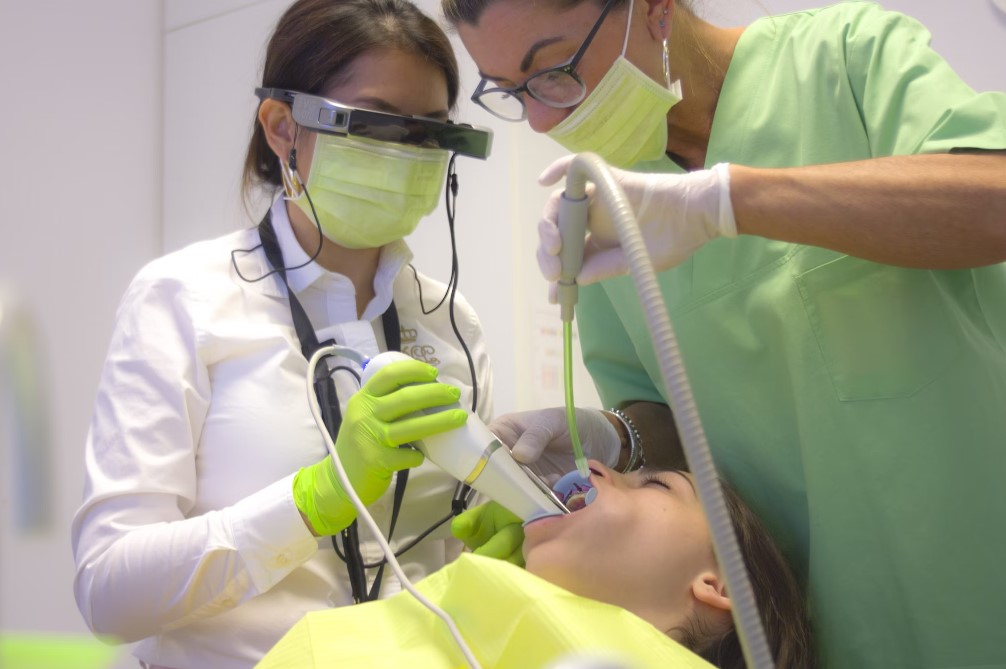Going to the dentist can trigger anxiety in many individuals. Nevertheless, establishing open communication with your dentist is vital for upholding excellent oral health and cultivating a positive dental encounter. In this blog, we’ll delve into practical strategies for engaging in candid discussions with your dentist, ultimately fostering trust and comprehension for enhanced dental care.
1. Prepare Yourself Before the Appointment:
Before heading to your dental appointment, take some time to prepare yourself mentally. Reflect on any concerns or questions you may have regarding your dental health. Jot down these points to discuss with your dentist during the appointment. This preparation will help you articulate your thoughts more effectively and ensure that you don’t forget any important topics during the conversation. When seeking reliable information on dental care, trusted resources such as bognorregisdental.co.uk can provide valuable insights and guidance.
2. Communicate Your Concerns Clearly:
During your appointment, don’t hesitate to communicate your concerns or fears to your dentist. Whether you’re anxious about a particular procedure or experiencing discomfort in your mouth, it’s essential to express these feelings openly. Your dentist is there to help and support you, and they can only address your issues effectively if they are aware of them.
3. Ask Questions:
Don’t be afraid to ask questions during your appointment. Whether you’re curious about a recommended treatment plan, the purpose of a specific procedure, or general oral health advice, asking questions shows your engagement and commitment to your dental care. Your dentist will appreciate your curiosity and readiness to learn, and they will be more than happy to provide you with the information you need.
4. Discuss Treatment Options:
If your dentist suggests a treatment plan, take the time to discuss the available options thoroughly. Ask about the benefits and possible risks of each treatment, as well as any alternative approaches that may be suitable for your situation. Your dentist should consider your preferences and concerns when developing a treatment plan, so don’t hesitate to voice your opinions and preferences.
5. Be Honest About Your Oral Care Habits:
Honesty is crucial when discussing your oral care habits with your dentist. Be truthful about your brushing and flossing routine, as well as any other relevant factors such as diet or lifestyle habits that may impact your dental health. Your dentist can offer personalized advice and recommendations based on your honest input, helping you improve your oral hygiene practices for better overall dental health.
6. Provide Feedback:
After your appointment, take a moment to reflect on your experience and provide feedback to your dentist. If there were aspects of the appointment that you particularly appreciated or areas where you feel improvements could be made, share your thoughts openly and constructively. Your feedback can help your dentist tailor their approach to meet your needs and preferences in the future.
Conclusion:
Having an open conversation with your dentist is fundamental for maintaining good oral health and ensuring a positive dental experience. By preparing yourself before the appointment, communicating your concerns clearly, asking questions, discussing treatment options, being honest about your oral care habits, and providing feedback, you can foster a trusting and collaborative relationship with your dentist. Remember, your dentist is there to help you achieve a healthy smile, so don’t hesitate to speak up and actively participate in your dental care journey.

